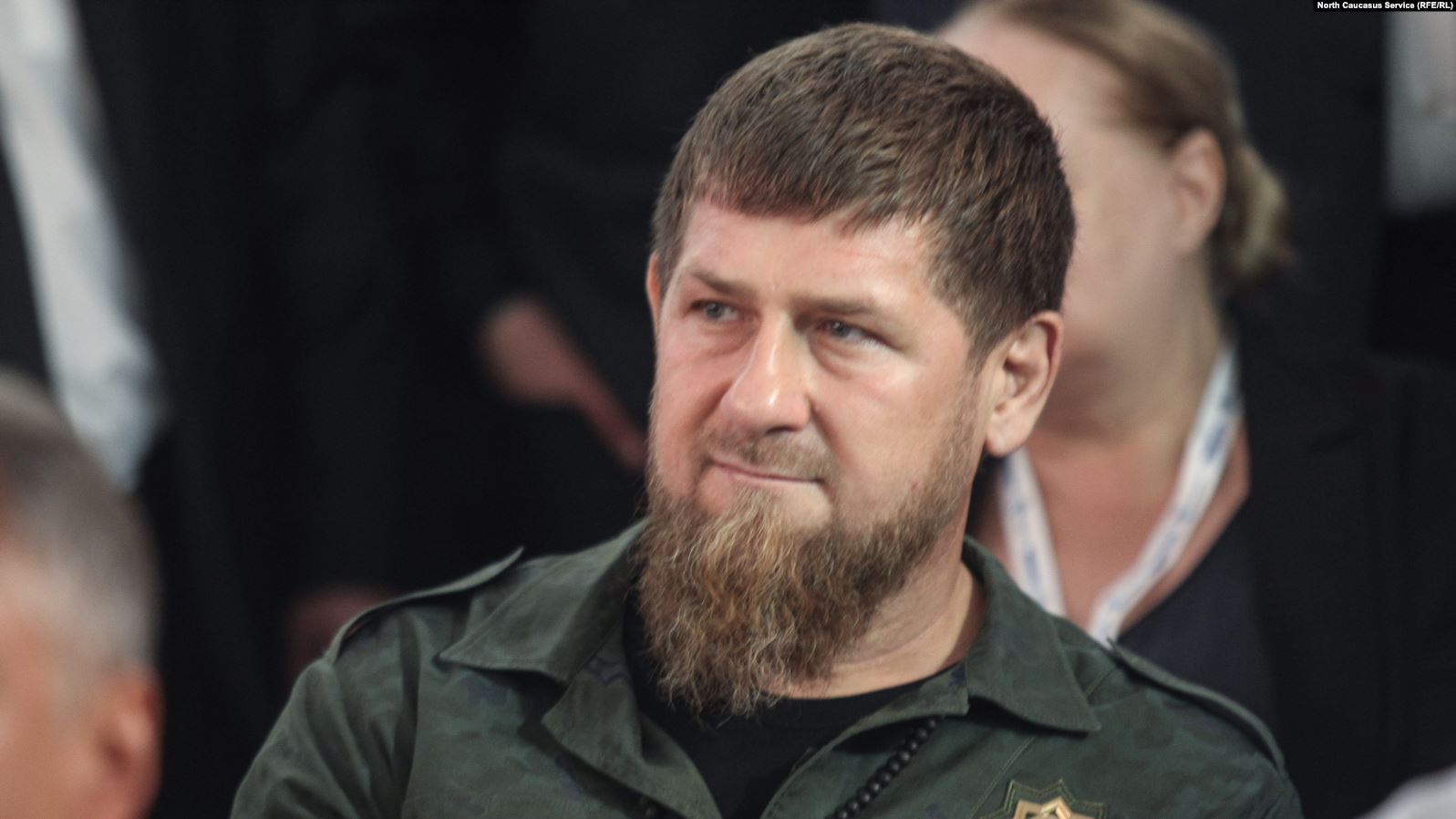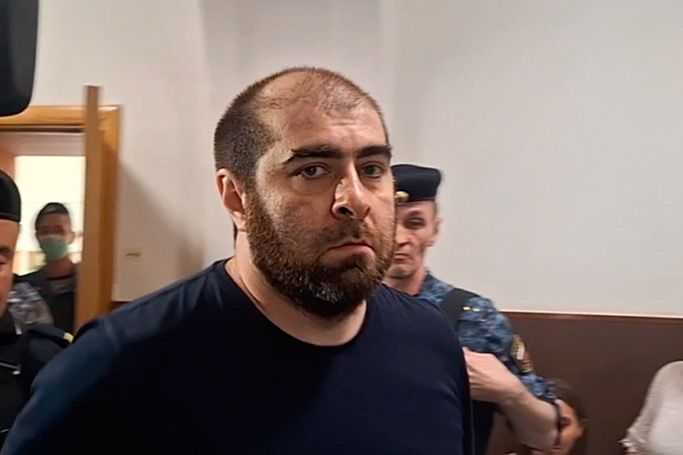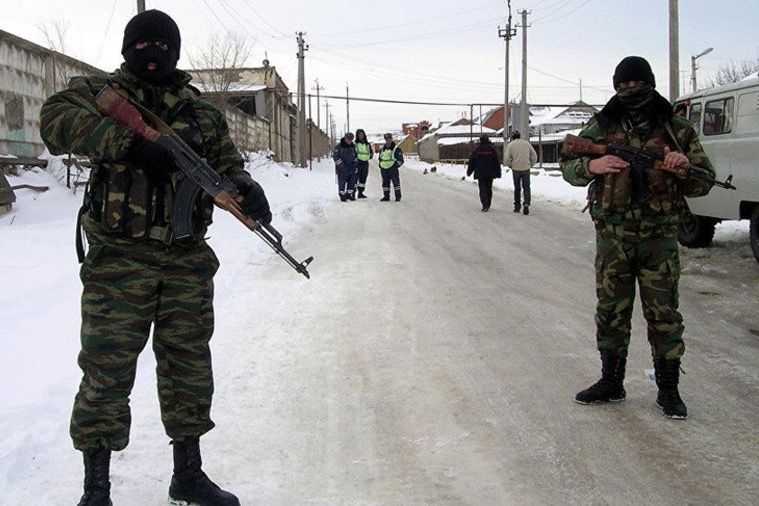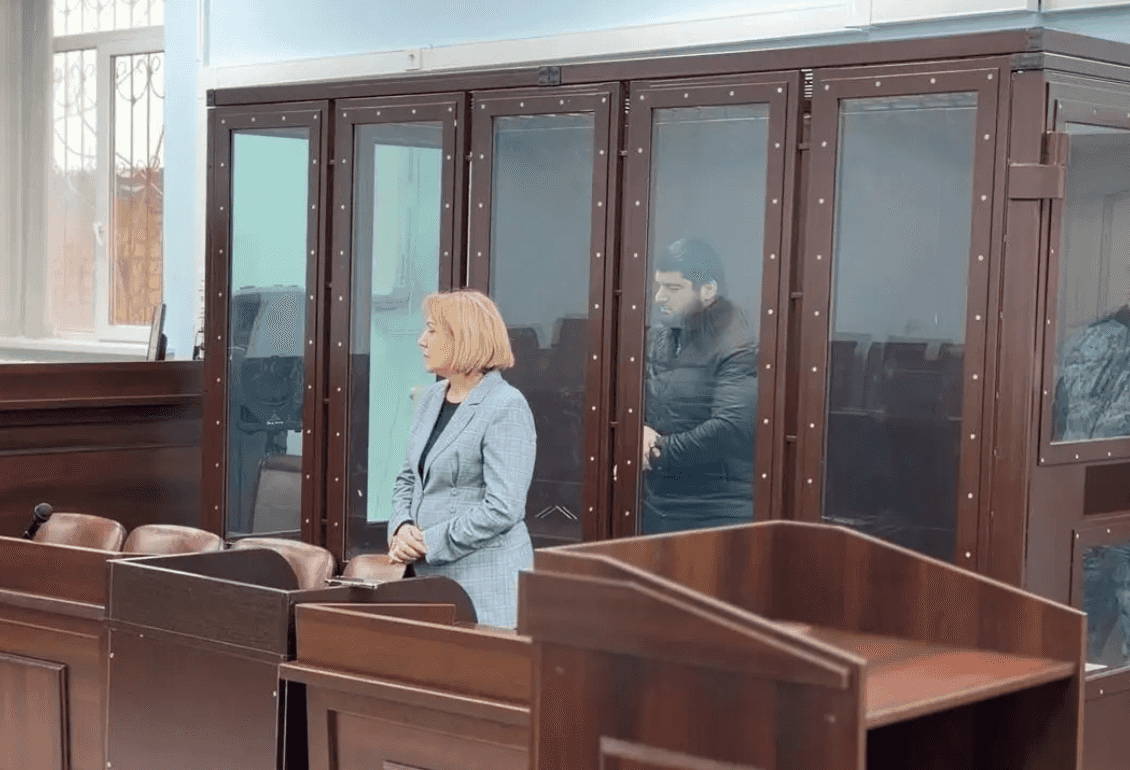

The head of Chechnya, Ramzan Kadyrov, has provoked outrage in neighbouring Daghestan by criticising Imam Shamil, the leader of the resistance to the Russian Empire’s 19th-century conquest of the North-east Caucasus.
His comments caused an angry reaction in Daghestan, where the speaker of parliament, the muftiate, and many on social media, criticised the comments.
The dispute comes on the backdrop of an ongoing territorial dispute between the two Russian republics, with suspicions in Daghestan that Chechnya is attempting a land grab.
During an interview with local news agency Chechnya Today on the 20th anniversary of the invasion of Chechen militants into Daghestan, which preceded the outbreak of the Second Chechen War, Kadyrov also claimed that daghestani militants were behind the 1999 invasion.
During the interview, Kadyrov accused Imam Shamil, who is widely seen as a national hero in the North Caucasus, of terrorising the inhabitants of Chechnya.
He said that after Shamil proclaimed himself the Imam of Chechnya and Daghestan, ‘there were no villages that were not burned several times [in Chechnya], the inhabitants of Chechnya were forced to go to the mountains, women, children and the elderly died from cold and hunger’.
‘Imam Shamil ordered the execution of any Chechen who spoke about peace with Russia’, he added.
Imam Shamil was the leader of the highlanders of Daghestan and Chechnya and the head of the North Caucasian Imamate. He led an armed struggle against the Russian Empire from 1834 to 1859. Shamil’s armies won a number of significant victories over Russia, however, in 1859 he was surrounded and surrendered, taking an oath of allegiance to Russia.
‘Daghestani’s were behind the invasion of Daghestan’
During the interview, Kadyrov also claimed that the August 1999 invasion of Daghestan was conducted by Daghestani militants and ‘Wahhabism ideologists’.
He blamed the invasion on Bagautdin Kebedov and Magomed Tagayev, two leading Daghestani seperatist leaders who allegedly took part, as well as the ‘Arab terrorist Khattab’.
On 7 August 1999, Chechen militants led by Chechen Shamil Basayev and Saudi-born Ibn al-Khattab invaded Daghestan in support of Daghestani separatists. A month later, Russian forces entered Chechnya beginning the Second Chechen War.
Kadyrov said that Chechens did not take part in Basayev’s campaign in Daghestan and that Daghestanis knew about the invasion in advance and did not prevent it.
Kadyrov used the interview to claim that ‘Wahhabism’ and ‘terrorism’ were exported to Chechnya ‘from the outside’.
According to him, his father Akhmat Kadyrov, who sided with Chechen separatists during the First Chechen War before switching sides during the Second Chechen War, ‘clearly and decisively condemned’ the invasion of Daghestan.
He said his late-father ‘made a world-famous contribution to the elimination of international terrorism in Chechnya and throughout the North Caucasus’.
‘Lost his temper’
The speaker of the Daghestani parliament, Khizri Shikhsaidov, told Daghestani daily Chernovik that Kadyrov ‘lost his temper with such statements’, although he conceded that there was ‘some truth in them’ since ‘traitors’ also participated in the invasion of Daghestan ‘against their own republic’.
In a post on Facebook, Daghestani historian Patimat Takhnayeva called Kadyrov’s remarks a ‘speculative distortion of historical events in order to discredit a certain historical personality and a certain period in the history of Daghestan and Chechnya’.
She said this was ‘an attempt to delicately [blame] Daghestan for Chechnya and the Chechen people having been victims of Wahhabi and terrorist aggression since the time of Imam Shamil’.
The muftiate of Daghestan, the traditional religious authority, made a public statement on the 20th anniversary of the invasion of Daghestan, saying they regretted that the people of Chechnya had to endure two wars in a decade.
The statement said that ‘in those years it was in the Chechen Republic where the atmosphere was practically created that attracted to this land all who longed for war in the Caucasus’.
They said that despite Kadyrov’s attempts to show that ‘the shadow of Imam Shamil raised his people to two wars against Russia’, Shamil did not rebel ‘against the country in which he lived’.
‘He only defended the fatherland of his brothers and sons for twenty-five years, but when he realised the meaninglessness of this war, he went to the negotiations’, the statement said.
‘Obviously, during the hostilities, Imam Shamil behaved so dignified and honestly, as apparently the father of the current head of the Chechen Republic did’, the muftiate said.
‘Kadyrov continues the story with borders’
Denis Sokolov, a senior associate at the Center for Strategic and International Studies, a Washington-based think-tank, told OC Media that Kadyrov’s statements should be considered in the context of its territorial disputes with Daghestan and Ingushetia.
‘Kadyrov continues in Daghestan a story with borders that began in Ingushetia. This is a logical continuation’, he said.
He said that the Chechen authorities were pushing claims on Daghestan’s Kizlyar and Botlikh districts, but that they ‘simply do not talk about this in public’. ‘[Shamil] Basayev entered precisely this area’, he said.
‘Kadyrov is constructing his own history’, Sokolov added.
‘On the one hand, he is “attacking” Imam Shamil, because, in any conflict with Daghestan, the name of Shamil always pops up. On the other hand, they immediately recall Shamil [Basayev]’.
According to Sokolov, Kadyrov ‘is trying to fence himself off from anti-Russian sentiments among Chechens, and at the same time support his own national Chechen project’.
‘He plays on the radicalisation of Daghestanis and Chechens against each other’, Sokolov said, ‘[which is] the easiest way to build a national project’.
According to Sokolov, Kadyrov’s words about Imam Shamil ‘are designed to provoke a reaction’.
‘This provokes mutual agitation. In Ingush history, this was also the case, although the Ingush had a more complex issue about the land problem. They tried to avoid a conflict with ordinary Chechens’.
‘Kadyrov faces the issue of extending his [political] life. And he wants to do this by first alienating the Chechens from everyone and then uniting them’.
Chechnya’s controversial land deals
Kadyrov’s comments and the reaction to them in Daghestan are the latest in a series of disputes between the two neighbours after a highly contentious delimitation process between them began.
[Read on OC Media: Chechen parliament chair Daudov in spat with Daghestani historian over new Chechen border tower]
In February, a number of communities in districts of Daghestan bordering with Chechnya demanded more transparency in the delimitation process.
Border talks between the two republics began several months after a land deal was signed between the leaders of Chechnya and its western neighbour, Ingushetia.
The Head of Ingushetia, Yunus-Bek Yevkurov, stepped down in June following eight months of unprecedented mass protests in Ingushetia over the deal. Yevkurov cited ‘disunity in society’ as the reason for leaving his post.
Yevkurov signed the deal with Kadyrov in September 2018, transferring 340 square kilometres, about 9% of Ingushetia’s territory, to Chechnya.
Since then, opponents in Ingushetia have periodically continued to protest, insisting the deal was illegal. The Ingush authorities have been accused of pressuring opponents of the deal, and a number have been arrested.
[Read on OC Media: Activist and journalist arrested and ‘tortured’ in Ingushetia]









